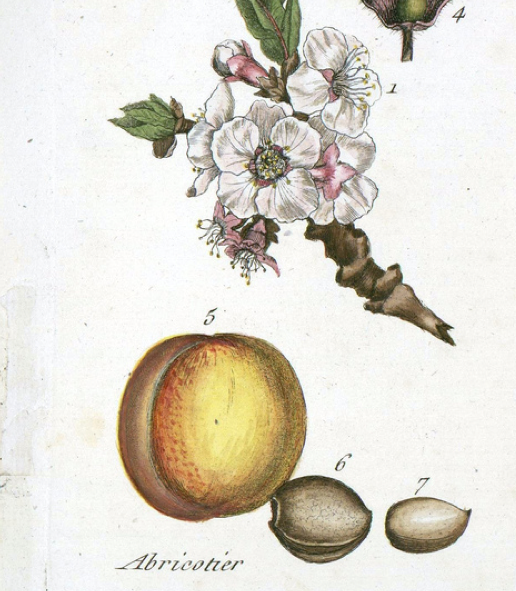The Pavlovsk Experimental Station
by Mary Phillips-Sandy

Earlier today, to absolutely no one’s surprise, a Russian court decided to let a state-backed residential development fund proceed with its plan to build houses on a field in Pavlovsk, outside St. Petersburg. The reason this mundane matter even reached a court is that the field is presently inhabited by thousands of rare fruits and berries, better known as the historic gene bank of the Pavlovsk Experimental Station.
What does this mean for those of us who will want jam on our toast even after the apocalypse comes? And what does it mean for Russia, which is having its own apocalypse problem right now?
The Pavlovsk station is operated by the Vavilov Institute of Plant Industry, a research center founded by botanist Nikolai Vavilov in 1926. (Before the current controversy, one key fact about the Institute was that several Russian scientists starved to death at its headquarters when Leningrad was under siege, because they refused to eat their collections.) The station in Pavlovsk includes thousands of samples of berries, apples, cherries and other fruits, most of which do not exist anywhere else, but unlike this James Bond-ish vault in the mountains of Norway, the Pavlovsk station is not a seed bank. Some uncooperative plants can’t be replicated exactly from frozen seeds, so keeping them and their fruits alive, in the dirt where they are, is the only way to preserve their genetic information.
So the uproar was understandable when, last Christmas, Russia’s Ministry of Economic Development transferred rights to the Pavlovsk station land to a state-run fund for residential development. This transfer was possible because the information-laden dirt Pavlovsk uses is public land-and anyway, in a land-use conflict between a scientific research institute and the Russian Ministry of Economic Development, there’s probably no contest.
Despite receiving a flurry of impassioned tweets, the Russian government seems to be taking a hard line on the Pavlovsk field. A housing agency spokesman has denied that the gene bank collection exists at all, and the Global Crop Diversity Trust has characterized the development fund’s twisted logic thus: if the Pavlovsk collection is priceless, that means it has no value. Therefore it isn’t worth anything.
This is a familiar challenge, trying to cram a field or a mountain or a lake or the air into the confines of economic valuation. But gene banks like Pavlovsk are particularly difficult, their value extra-hypothetical to anyone (let alone a bureaucrat!) running the numbers. Safeguarding endangered fruits may not mean much to the average citizen right now, but it means something-perhaps something important-to the public at large, and to the world of the future. It’s the collective spirit at its best.
And maybe that’s the problem. Private land ownership is still a fairly new concept in Russia, and since 2008 there’s been a concerted effort to convert public land into private housing. Of course it’s the government that’s driving this effort, that’s why it created this federal development fund in the first place. According to President Medvedev and Prime Minister Putin, residential development is “the Russian dream,” the realization of which will liberate millions of citizens from their blocky Soviet apartment buildings and encourage them to procreate.
Anyway, the Vavilov Institute plans to appeal the lower court’s ruling to the Russian Supreme Arbitration Court, so the decision can still be overturned by a judge or by government intervention. (Maybe it is time to start leaving notes on Medvedev’s LiveJournal?)
Or not, and there will be bulldozers, and then there will be houses for sale in Pavlovsk, with prices based on market mechanisms and whatever fixes are in place, with some extra for profit. People will move in and eat toast and jam and drive to work, and maybe the children who live in the houses will feel nostalgic about them later, especially after they get razed for a bigger development. That feeling you get when you remember your family sitting in the kitchen, all of you together before you were old, that’s another valuable thing that has no value. Who knows? Maybe one of these children will grow up to write a moving play called The Residential Housing Development Orchard, and a hundred years from now the world of the future, drunk on bio-pellet wine, will applaud its performance.
Mary Phillips-Sandy lives in Portland (not Oregon).
Photo from Flickr by Vintageprintable1.
